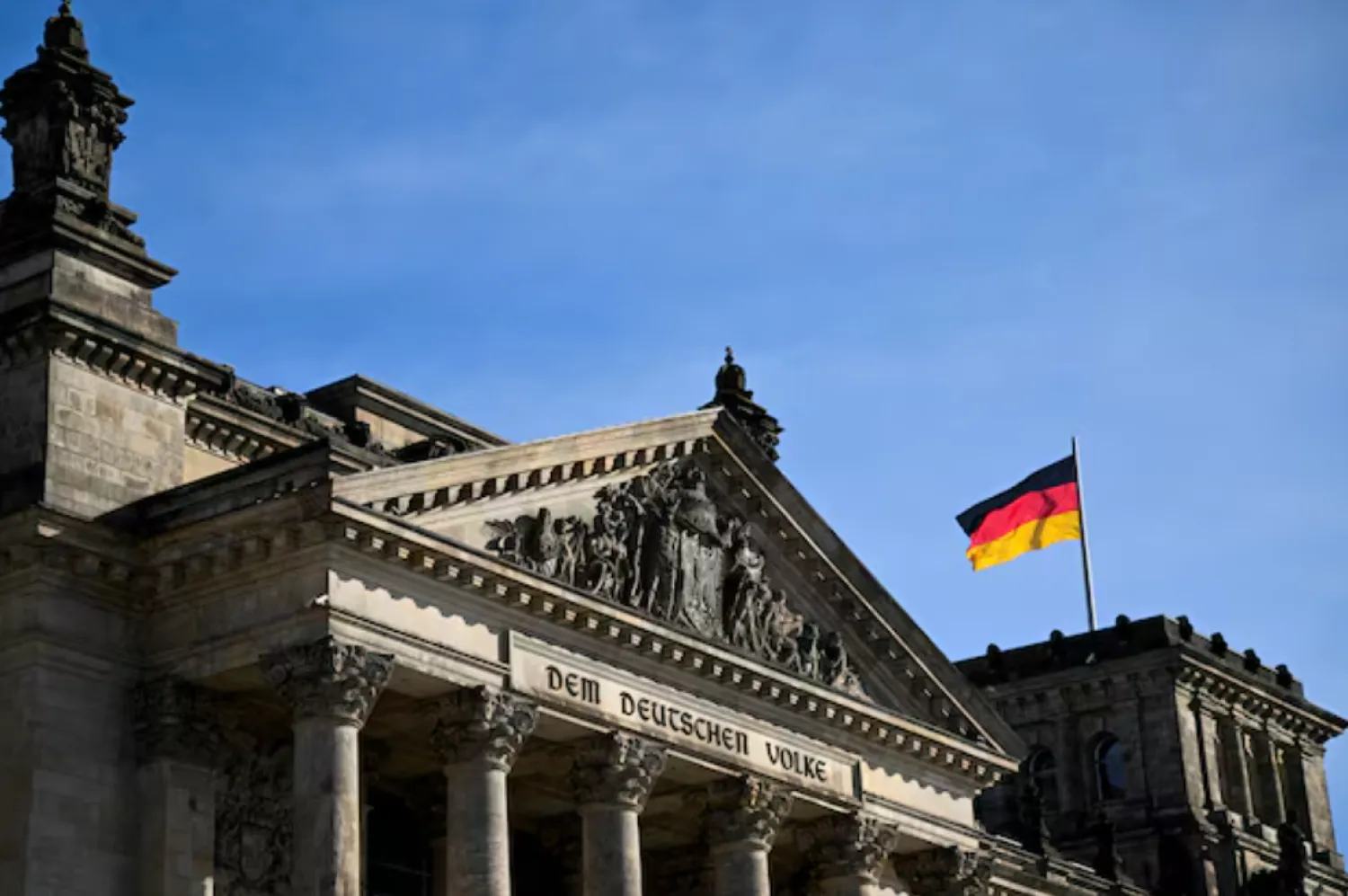Judicial officials on Monday rejected an appeal seeking the release of Istanbul Mayor Ekrem Imamoglu from jail pending the outcome of his corruption trial, the country's state-run news agency reported.
Imamoglu, a prominent opposition figure and a key challenger to President Recep Tayyip Erdogan’s more than two-decade rule, was detained on March 19 and formally jailed on corruption charges four days later.
His arrest is widely perceived to be politically motivated, aiming to sideline a major rival ahead of presidential elections, which currently are scheduled for 2028 but could take place earlier.
The mayor’s arrest and subsequent removal from office has triggered the largest wave of anti-government protests in Türkiye in over a decade. The government insists that the judiciary operates independently and without political interference.
On Monday, the Istanbul Criminal Court of First Instance ruled to reject the appeals made by Imamoglu’s lawyers, deciding that his detention would continue, the Anadolu Agency reported.
Lawyers representing the mayor had argued that the investigation into Imamoglu was allegedly conducted in violation of legal standards. They are expected to renew the appeals request.
The court also rejected appeals requests for Murat Ongun — the chairman of a media company affiliated with the Istanbul municipality and close Imamoglu aide — and other suspects who were arrested on corruption charges alongside the mayor, the agency said.
A lawyer representing Imamoglu could not confirm the report, saying the decision had not been formally communicated to him.









